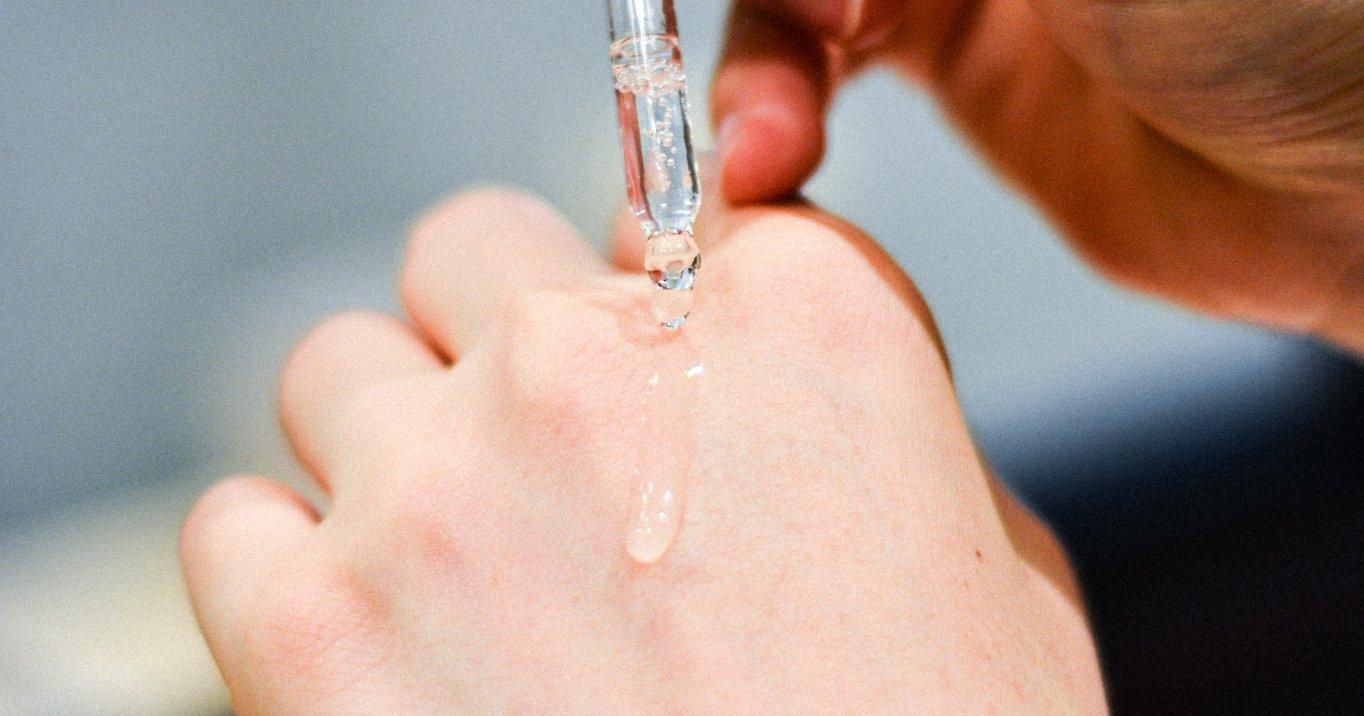Many people, of all ages, struggle with skin conditions such as acne, rosacea, dry skin, eczema, psoriasis and more. Let’s face it, we all want to look the best we can and feel good about ourselves and our appearance. And there’s nothing wrong with that but for those who struggle with these skin health issues, it's hard to hear that there isn’t a fix.
The gut-brain connection has been known for decades but only now is it getting the attention and legitimacy, it deserves. The health of our gut influences the health of our brains and vice versa, so it really shouldn’t come as a surprise that gut health has an impact on other organs such as the skin.
Over 70 years ago two dermatologists John H Stokes, and Donald M Pillsbury first suggested an overlapping connection between the gut, mood disorders (such as anxiety & depression) and skin conditions such as acne. (1)
Ahead of their time, they proposed that emotional states (stress) might alter normal gut/intestinal gut microflora (microbiota), increase intestinal inflammation and intestinal permeability (a.k.a. leaky gut), and contribute to systemic (whole-body) inflammation. One of the remedies proposed by them was to use the bacteria Lactobacillus acidophilus, a common bacteria in cultured/fermented dairy foods at the time, which they used with some success.
The gut provides a barrier between the interior of the digestive tract and the general circulation; all that separates the contents of your intestinal tract from the rest of you. Anything that irritates the lining of your gut can cause it to become inflamed. This could be anything like food allergens, alcohol, medications, antibiotics, common foods of the modern diet like additives and artificial colouring, as well as diets low in fibre and high in sugar. Minimizing gut irritation and inflammation requires looking at your food, beverage, supplements and medication use. Consider your stress levels including adequate sleep, and any undiagnosed food allergies and do what you can to support a healthy gut microbiota/bacterial population.
While eating nutritious food is important, it’s not what you eat but rather what you absorb that’s important when it comes to both skin and overall health which is why getting your gut health in order is priority number one; only then can ensuring you’re getting enough of the skin-supporting nutrients vitamins A, C, E, K2, B3, B5 along with the minerals selenium, zinc, silica and sulfur and omega-3 fats make sense.
While almost all skin conditions are either caused by—or linked to—gut health issues, diagnosing this link can be a complex task. This is because the symptoms we experience when faced with skin health issues are often similar to those we experience when our gut is out of balance. If, for example, we consume something that triggers inflammation in the gut—such as gluten or dairy—we may experience a skin manifestation such as a rash or hives. This link may seem obvious, but it requires that we pay careful attention to our bodies and the substances that trigger a reaction.
Similarly, if we suffer from a leaky gut, we may be unable to fully absorb and utilise the key nutrients, minerals and vitamins that are essential for glowing, healthy skin. Furthermore, if our gut is considered to be ‘leaky’, endotoxins that would ordinarily be processed and expelled may escape into our bloodstream, placing extra pressure on our liver, thereby causing our skin to pick up the slack. A leaky gut also causes inflammation in the body, which is implicated in most skin issues, from acne to eczema and psoriasis.
How can we help our gut?
When it comes to restoring the gut microbiome, one of the best ways is to bolster it with probiotics. Probiotics are live bacteria that we consume, through foods and supplements, to support the gut, immune health and overall wellbeing. Studies focused on the prevention and treatment of gastrointestinal diseases (such as irritable bowel syndrome) and inflammatory skin conditions, including eczema and dermatitis, have shown encouraging results regarding probiotics.
Prebiotics are a type of fibre that acts as food for bacteria to support the proliferation of our good gut bacteria. Prebiotics can be found in many high-fibre foods and are essential for supporting a healthy gut, and therefore healthy skin.
You can find prebiotics in foods like onions, garlic, leeks, asparagus, oats and apples. Aiming to get a varied intake of fibre-rich fruit and vegetables each day means you're on the right track! Using natural skincare products can also help reduce redness and itchiness on the surface of the skin and help repair the skin barrier.


